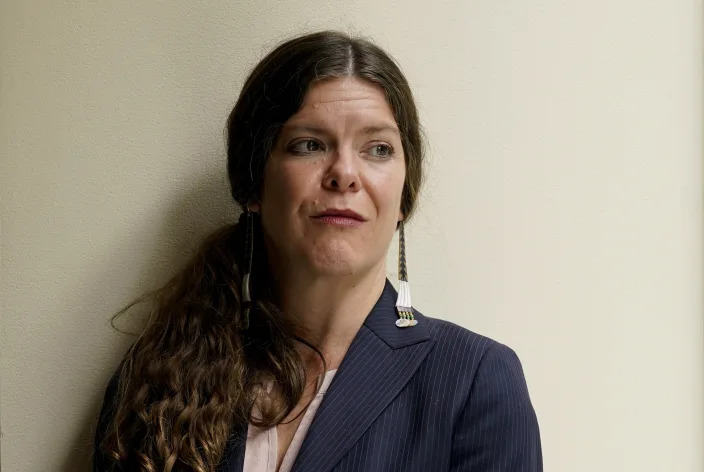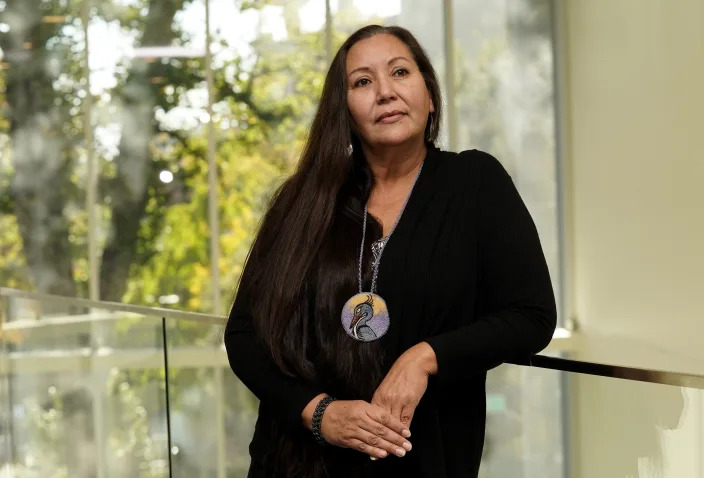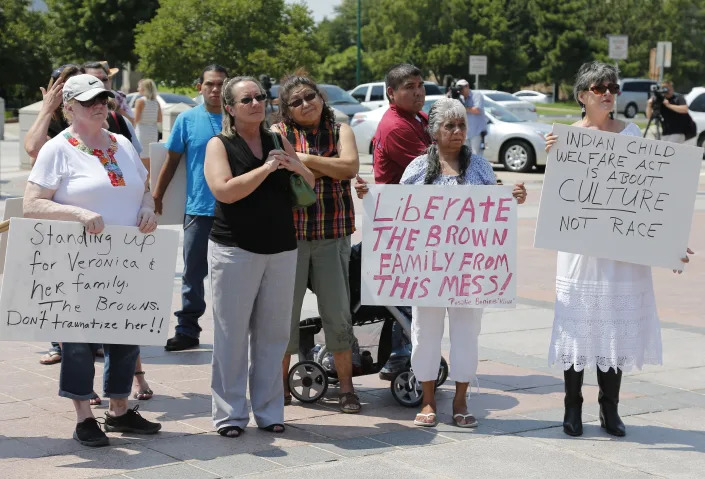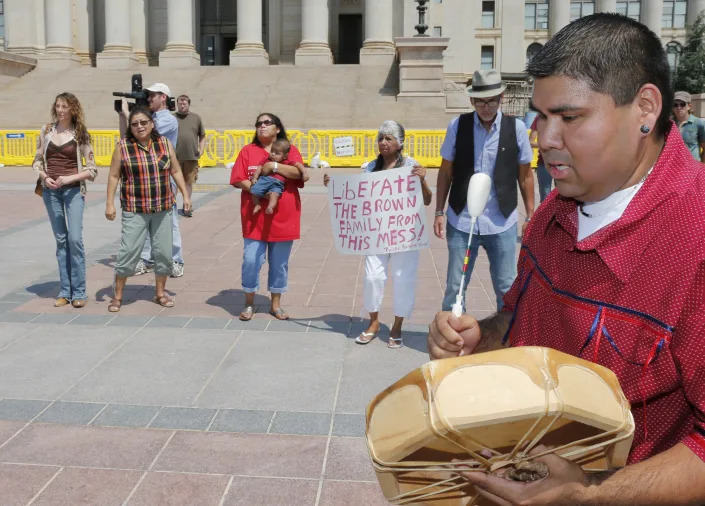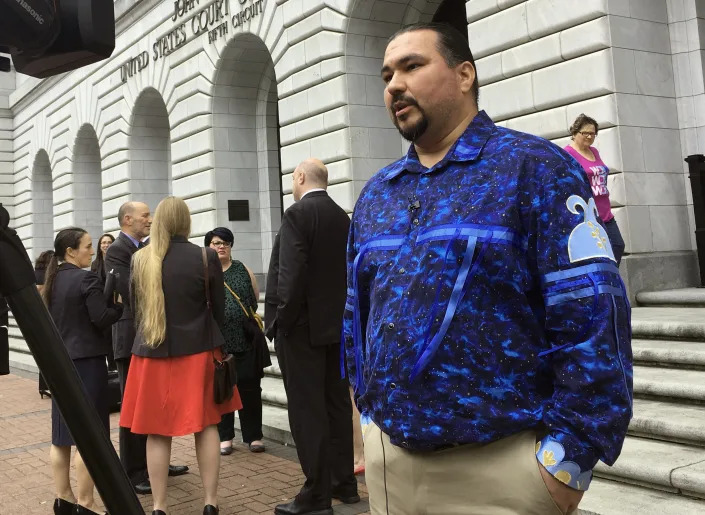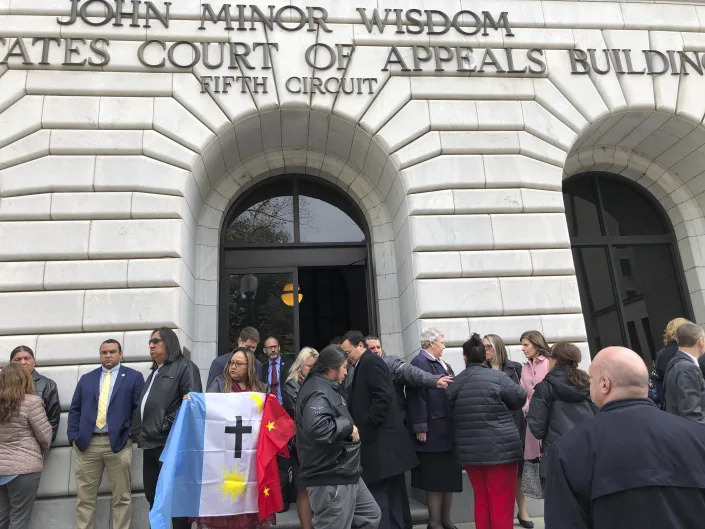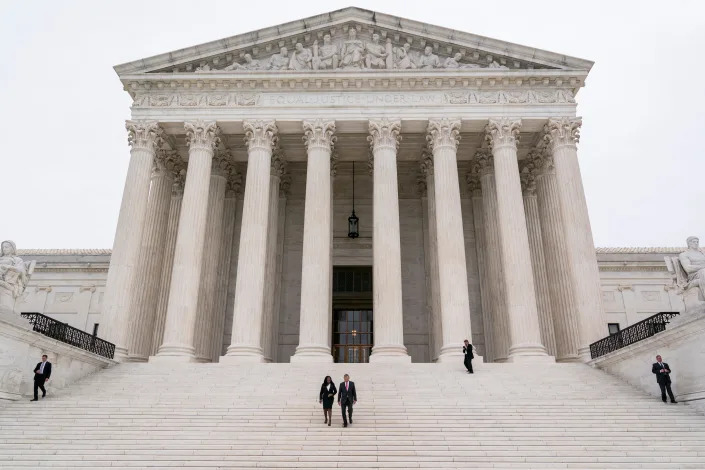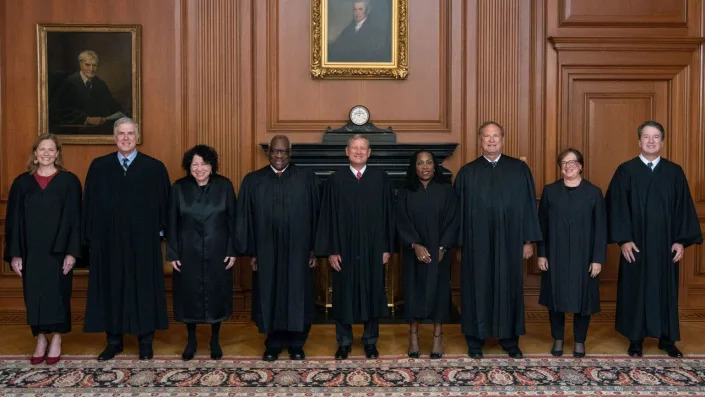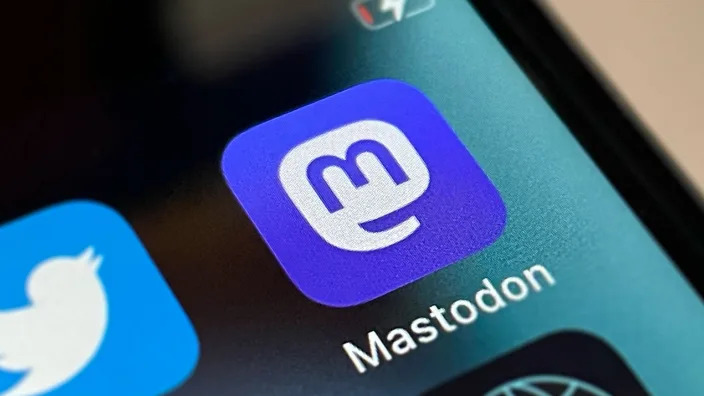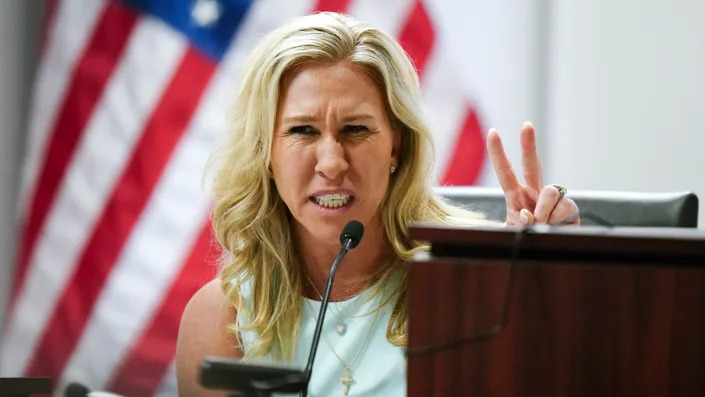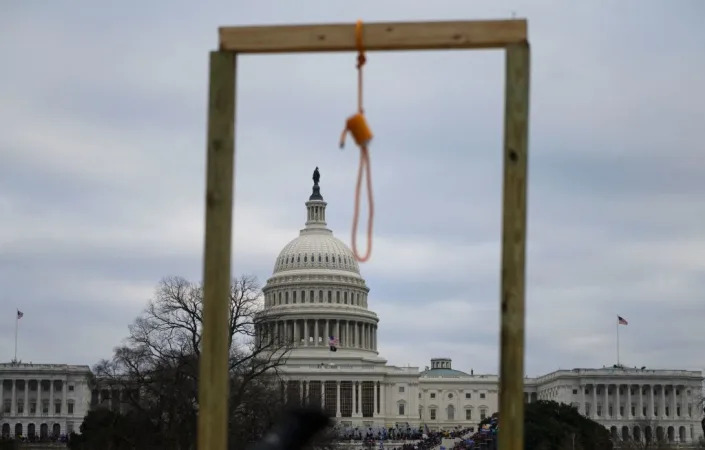
Robin Epley
Mon, November 7, 2022
Here lies Twitter, we knew ye too well. A tiny blue bird that flew too high before crashing last week, thanks to a joyriding, spiteful billionaire clutching its $44 billion tail feathers.
Twitter, you gave us Bean Dad, Cinnamon Toast shrimp tails, Zola’s hoeism, 30-50 feral hogs, Jorts the cat, the greatest day on the internet and plenty of milkshake ducks. And if you don’t understand a single word in that last sentence, then congratulations on your fulfilling life outside of the internet.
It also gave us unbridled hate speech, racism, misogyny, fatphobia, Nazis and a whole era of unhinged, Trumpian tweets that will live in history books forever. I pity the AP U.S. History students in two decades who have to learn how to spell “covfefe” for their final exam.
Opinion
But, as the kids say — glory, glory hallelujah, what a hell of a way to die.
Watching Twitter die on Twitter is like watching a slow-motion Hindenburg burst into flames, land in a flood, hit an iceberg and blow up.
It’s a fitting end for a platform that everyone loved to hate, but loved to be hateful on even more.
We are gleefully watching the end of Twitter via Twitter, while simultaneously preempting and mourning its loss. I can think of no better analogy for the way we consume — and are consumed by — the internet.
Twitter, you see, is notoriously unprofitable. Despite a never-ending content stream from 450 million monthly, active users that include everyone from Taylor Swift to your neighbor Pat, Twitter reported a net loss of $221 million in 2021 and a $1.1 billion loss in 2020.
So Elon Musk — who has little experience in making anything profitable — is killing his investment with fast-profit gimmicks, like making users pay to be verified. Meanwhile, there was an “immediate, visible, and measurable spike” in hate speech on the platform in the 12 hours after Musk announced his new ownership, according to the company. Probably because Musk himself encourages conspiracy theories and hateful conduct. He also laid off about half of the company’s workforce on Friday, some 3,700 people, only to invite some of them back come Monday.
The first rule of the internet is to never be earnest about anything, but in these final days, I’m going to be sincere about Twitter for just a moment:
Despite its well-earned reputation for terrible people and worse takes, there are actually whole communities of genuinely kind and smart people who daily use the platform to communicate, share information and keep up with friends.
Those communities thrived during the pandemic, and the platform let us keep friendships alive during those years of enforced social isolation.
I’ve made friends in countries all over the world simply because we found a common interest on Twitter. Those are the kind of friendships that will weather Musk’s ability to ruin previously-functioning companies. And I suppose that one of the few blessings in Millennials getting older is that we no longer have to defend our online lives — they’re now the status quo.
We work on the internet, we hail cabs on the internet, we order food through the internet and we connect with the world through the internet. We make friends on the internet too.
You don’t have to understand Twitter, or even use it, to appreciate that.
And unlike other social media platforms, Twitter is inherently text-based — just as Instagram is image-based and TikTok is video-based — so there is no equivalent to Twitter currently on the media landscape.
I don’t know if I’m going to stay or go yet. I wish I did, but it’s not a simple matter of moving platforms and communities over wholesale. A large part of me hopes Musk will lose interest before I have to decide.
There’s plenty of conjecture about what might be next, though.
Former Twitter CEO Jack Dorsey — who encouraged Musk’s buyout — says he’s launching a similar site called Bluesky Social. An increasing number of people seem to be migrating over to Mastodon, an open-source microblogging software platform. Reddit, too, the granddaddy of online community platforms, could be another inheritor of Twitter refugees.
It may not be cool to say it, but there are a lot of people who enjoyed Twitter and will be sorry to lose it, myself included. I suspect that like MySpace and Tumblr before it, Twitter will still nominally exist, but the community will never be the same. That’s what happens in the graveyard of irrelevant social mediums.
As for those of us that used it, we will find another platform. Old friends will find old friends. Communities will regrow. Maybe burning it to the ground and starting over is the only way to truly move on.
But wherever we wind up, I hope we take the lessons we’ve learned from Twitter with us. That free speech cannot exist without the thoughtful moderation of hate. That the world needs a town square.
And for the love of God, I hope the next place has an edit button.


